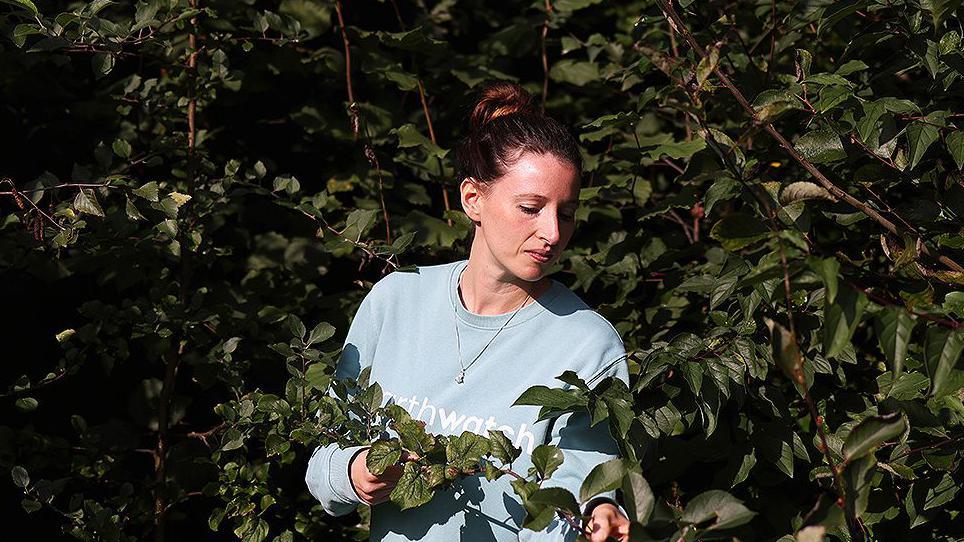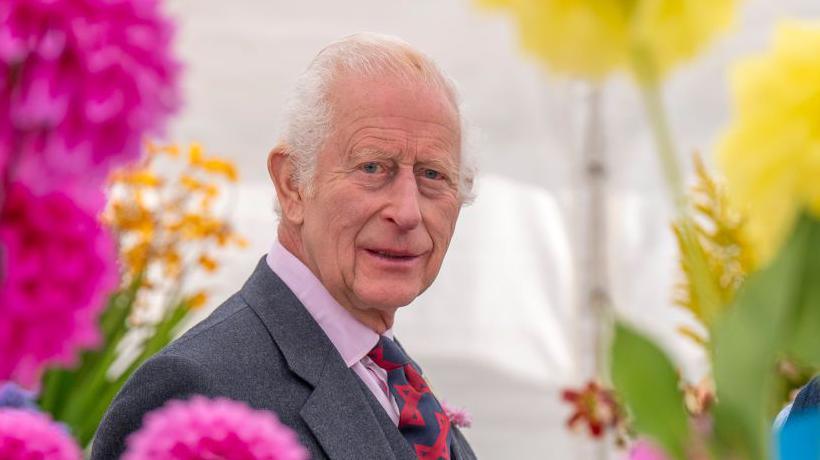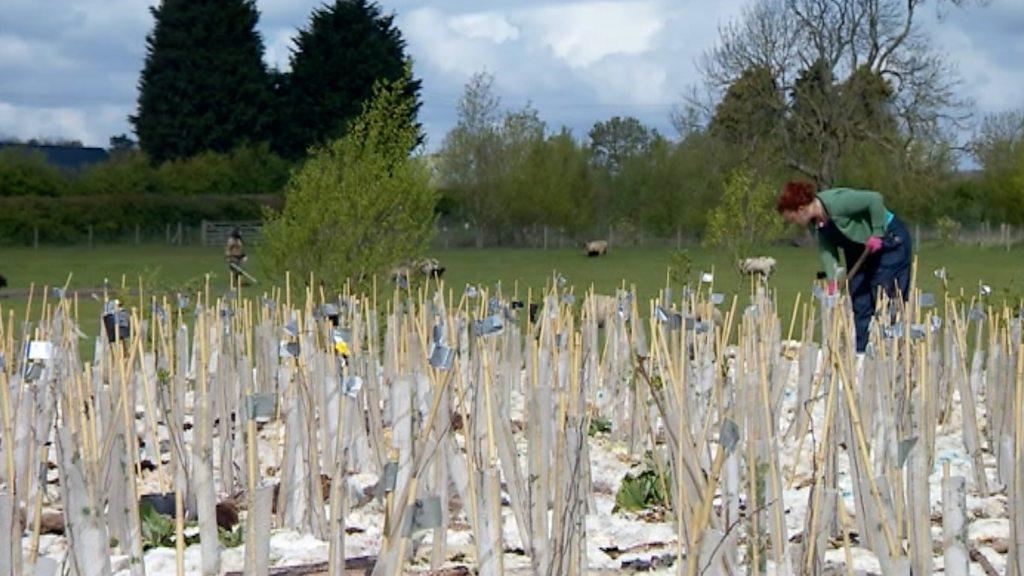Japanese-style mini forest plan for suburban park

The Miyawaki principle is known to be particularly effective at establishing forests in urban environments
- Published
A Japanese-style mini forest is set to spring up on the edge of a suburban park.
The Miyawaki Forest, made up of about 850 trees and shrubs, will be created in Haslam Park in Ashton, close to the Lancaster Canal, Lancashire County Council said.
It is one of six such habitats - also known as micro-woods - that the authority is seeding across the county, using a £49,000 grant awarded from an environmental fund established to mark the King's coronation last year.
Community groups and schools will be drafted in to help with the planting on what is currently a piece of rough ground.
'Huge biodiversity benefits'
The Japanese Miyawaki method means the wood will grow to its full scale within around 30 years, as opposed to the up to 200 years a new forest would usually take to mature.
The Miyawaki principle is known to be particularly effective at establishing forests in urban environments, using trees native to the area.
According to the website Creating Tomorrow's Forests, the trees planted using that method "grow much faster, jump-starting the forest creation process and capturing more carbon".
It explained: "One of the most noticeable differences in a Miyawaki forest is that the seedlings are planted at very high densities.
"This replicates the regeneration process that occurs in a natural forest when a clearing in the canopy opens up due to a larger tree falling.
"The saplings grow very fast to compete for the light and then natural selection will favour the fastest growing individuals and act to thin out the trees."
A Lancashire County Council spokesman said: "Following the success of our first micro-wood, planted in Kirkham, we are now proposing to roll out more sites in the coming months.
"The micro-woods will bring huge biodiversity benefits early in their life and are expected to reach maturity in about 30 years with the end result as a little slice of mature, healthy forest in a parkland setting."
Listen to the best of BBC Radio Lancashire on Sounds and follow BBC Lancashire on Facebook, external, X, external and Instagram, external. You can also send story ideas to northwest.newsonline@bbc.co.uk, external and via Whatsapp to 0808 100 2230.
- Published18 September 2024

- Published13 June 2021
